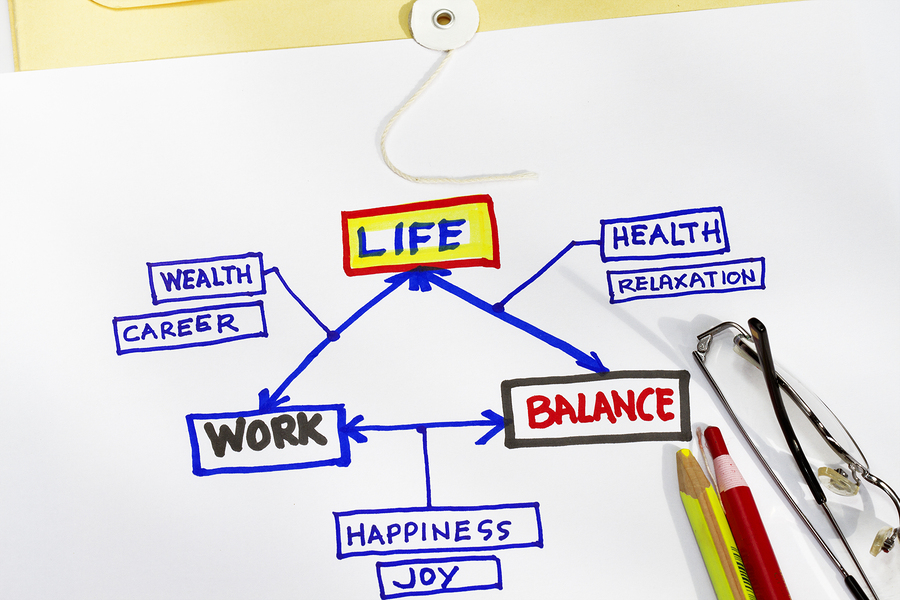Work Balance Key to Clean House and Health of Your Credit Union Team

I know this may sound hypocritical because it’s 9 o’clock on a Saturday (ooh, I hear a song in the works) as I write this, but the tale remains relevant. Maintaining a decent balance between work life and private life is an important skill to acquire, not only for you, but for the health of your team, as well.
As many may have surmised from my previous opines, I work from my home office in Milwaukee for the Missouri Credit Union Association. What this means among other things is no commute time other than from the coffee pot to my desk some 15 steps away. It also means no daily departure routine from the office environment. My desk and its enticing ways summon me to it like a double coupon shoe sale at Nordstrom’s. In the past, I have answered its beckon when moved to do so – weekends and evenings alike.
“It’s fine. It’s my time,” I’ve heard myself justifying the time spent after hours. But what I’ve come to realize in the past year is it’s not just my time. Of course it affects the people in my home, but it also has an impact on my team at the office.
You see, the perception exists – from a sample of one as I asked a departing employee – that because I work nights and weekends the employees who work on my team must do the same. Nowhere had I ever verbally put this pressure on them, but they feel as though they are required to work similarly.
Night and weekend work creates a deluge of emails to teammates – one with a smart phone, the other without. The phone-toter feels obligated to respond in a timely manner as the incessant binging interrupted her time away. The peaceful-weekender was smacked in the face when she found her inbox full of my missives on Monday morning.
Vacation is the same. My ability (or inability if truth be told) to disconnect creates a perception that while the company provides the time to get away and recharge, my electronically tethered behavior could be construed as we don’t really mean it. As the now departed teammate headed to vacation she asked if she should have international service installed on her smart phone so she could stay in touch. “No,” I said. “We’re not saving lives here.” But as the words formed on my tongue I recognized where the pressure came from. Me! I had just come back from a vacation during which I worked every day.
Simply put. It’s not fair. For you. For your loved ones. And, for your teammates.
If you’re hiring freshly minted graduates and those in the Millenial Generation Millenials (sometimes referred to as “Generation Y,” Millennials are the children of the post-WWII baby boomer generation and are born between 1980 and 2000), research backs this up. Many Millenial employees are unconvinced that excessive work demands are worth the sacrifices to their personal life, according to a recent study conducted by PwC, the University of Southern California and the London Business School. Of the 44,000 surveyed the majority are unwilling to commit to making work lives an exclusive priority, even with the promise of substantial compensation later on.
Translated by yours truly, this means you may need to evaluate your work culture. For me, it meant a recent promise to my team that I will make every effort to leave work at work – even though it’s my home.
I have two new team members starting on Monday. I’m ready to help them understand we do value a healthy work-life balance.
After a bit of self-reflection, I am happy to report; all in all, it’s worked for me. My house is cleaner. Kids happier. Exercise routine back on track. And, remarkably, the work still gets done. Granted, there are times when the beckon call must be answered. But the measure of action is less frequent and more thoughtful.
My challenge for the day to you: If you’re a workaholic, be aware of the perceptions you are creating. Take a look at your turnover to see if there is a common thread with work quantity. And, take some time to smell the roses. They really do smell lovely.





